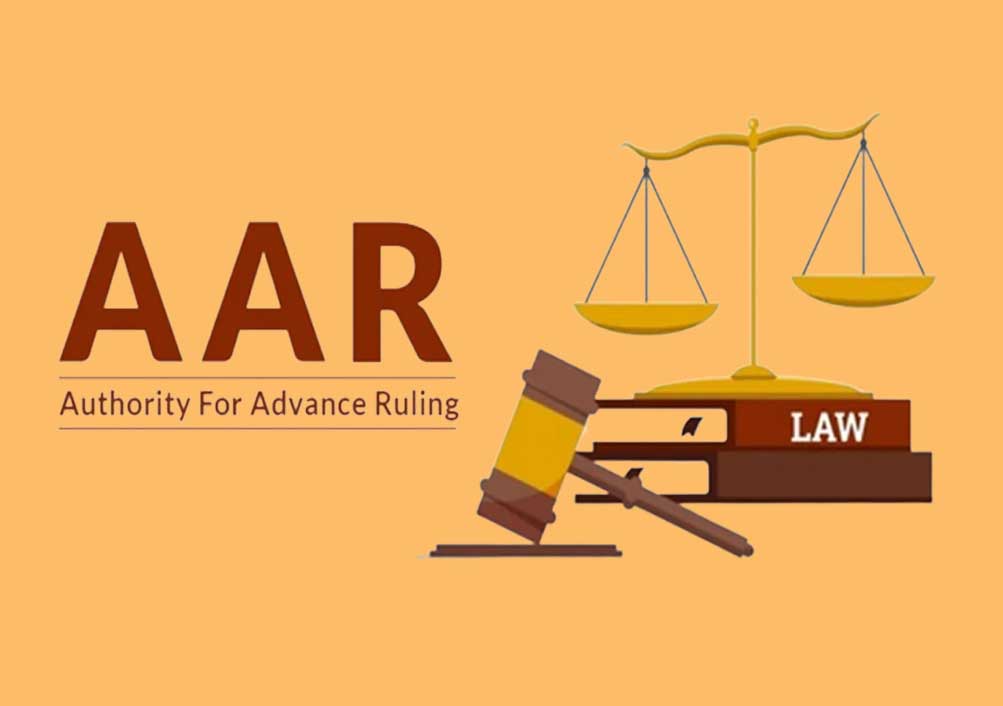In Advance Ruling No. 31/AAR/2023 -AAR- Treated effluent water sold by M/s Sirupooluvapatti Common Effluent Treatment Plant exempt from GST, rules AAR (Tamil Nadu)
Members D Jayapriya (Member CGST) & N. Usha (SGST) [30-08-2023]

Read Order: In Re: Sirupooluvapatti Common Effluent Treatment Plant Private Limited
Chahat Varma
New Delhi, September 26, 2023: The Tamil Nadu bench of the Authority for Advance Rulings has ruled that the treated effluent water, sold by M/s Sirupooluvapatti Common Effluent Treatment Plant Private Limited (applicant), was exempt from GST.
In the present case, the applicant had submitted that they were a common effluent treatment plant engaged in rendering hazardous waste treatment and disposal services. They planned to buy the effluents from dyeing units and have the effluents delivered from the dyeing units to the applicant through pipelines. The effluent would then be processed at the plant, and the resultant treated water was intended to be sold to the dyeing units. The applicant sought an advance ruling on the appropriate classification of the treated water that would be sold by the applicant, after various treatment processes had been carried out on the purchased effluent water, and they also inquired about the applicable GST rate on the said treated water that would be sold by the applicant.
The two-member bench of D Jayapriya (CGST) and N. Usha (SGST) observed that, upon reviewing the processes carried out by the applicant, the effluent water had undergone micro-filtration and sand filtration processes to eliminate suspended impurities. Subsequently, a series of RO units had been employed to remove minerals. Despite the RO treatment, the TDS level of the treated water remained high. In the case of the applicant, the recovered water still contained chlorides, sulphates, bicarbonates, and other substances. According to the test report, the TDS level of the treated water was measured at 616 mg/l, clearly indicating that the treated water did not meet the standard norms for demineralized water. Therefore, it was evident that the treated water could not be classified as demineralized water.
Therefore, the bench affirmed that the water recovered from the effluent treatment process was essentially ordinary water, suitable for reuse by dyeing and bleaching units as a solvent and washing or rinsing medium. Consequently, it was deemed to be appropriately classified under Sl. No. 99 of Notification No. 02/2017, CT (Rate), dated 28.06.2017, falling under the heading 2201, rather than Sl. No. 24 of Notification No. 01/2017-Central Tax (Rate), also dated 28.06.2017, but under the same heading 2201.
Furthermore, the bench noted that in accordance with Circular No. 179/11/2022 dated 03.08.2022, issued by the Ministry of Finance, it had been explicitly clarified that treated sewage water falls under the Nil rate of tax for GST applicability.
The bench also took note of the fact that the Tamil Nadu Pollution Control Board had mandated Zero Liquid Discharge for all highly polluting industries, including Textile Dyeing and Bleaching industries, with the aim of preventing pollution of river water and groundwater. This indicated that the common effluent treatment plant had been established to comply with legislative and environmental regulations, with the primary objective of conserving water through recovery and reuse, rather than manufacturing water or chemicals. Therefore, it was concluded that the effluent treated water qualified for exemption as per Notification No. 2/2017-Central Tax Rate, as amended by Notification No. 7/2022-Central Tax (Rate) dated July 13, 2022.
Sign up for our weekly newsletter to stay up to date on our product, events featured blog, special offer and all of the exciting things that take place here at Legitquest.




Add a Comment